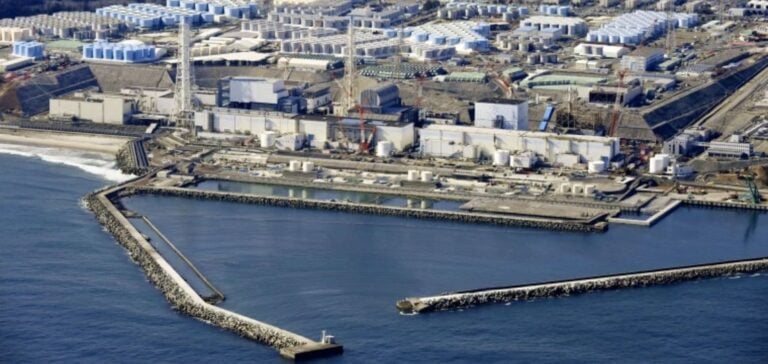On Wednesday at 10:43 local time (01:43 GMT), a fault affected the plant’s A power supply line, bringing to a halt the treated water discharge process started last Friday. The operator Tepco has not yet identified the cause of the incident. Despite the outage, “no significant changes” were observed in the radioactivity control systems, and the reactor cooling system continued to operate normally.
Process and safety of treated water discharge
The discharged water, although diluted and filtered to remove the majority of radioactive substances, still contains tritium. This radionuclide is considered dangerous only at very high doses. The rejection project, which is expected to span several decades, received approval from the IAEA (International Atomic Energy Agency) and began last summer.
International reactions and on-site incident
The initiation of this rejection program provoked outrage in several countries, notably China, which reacted by suspending all imports of Japanese seafood. A separate incident was reported on site four minutes after the blackout: a worker was injured during an excavation operation. Although conscious and uncontaminated, he was transferred to emergency. No direct link with the outage has yet been confirmed.
The Fukushima Daiichi power plant, scarred by the 2011 tsunami disaster, continues to face major challenges. The plant’s decontamination and dismantling process, scheduled to last for decades yet to come, underlines the scale of the recovery and safety tasks still underway.





















